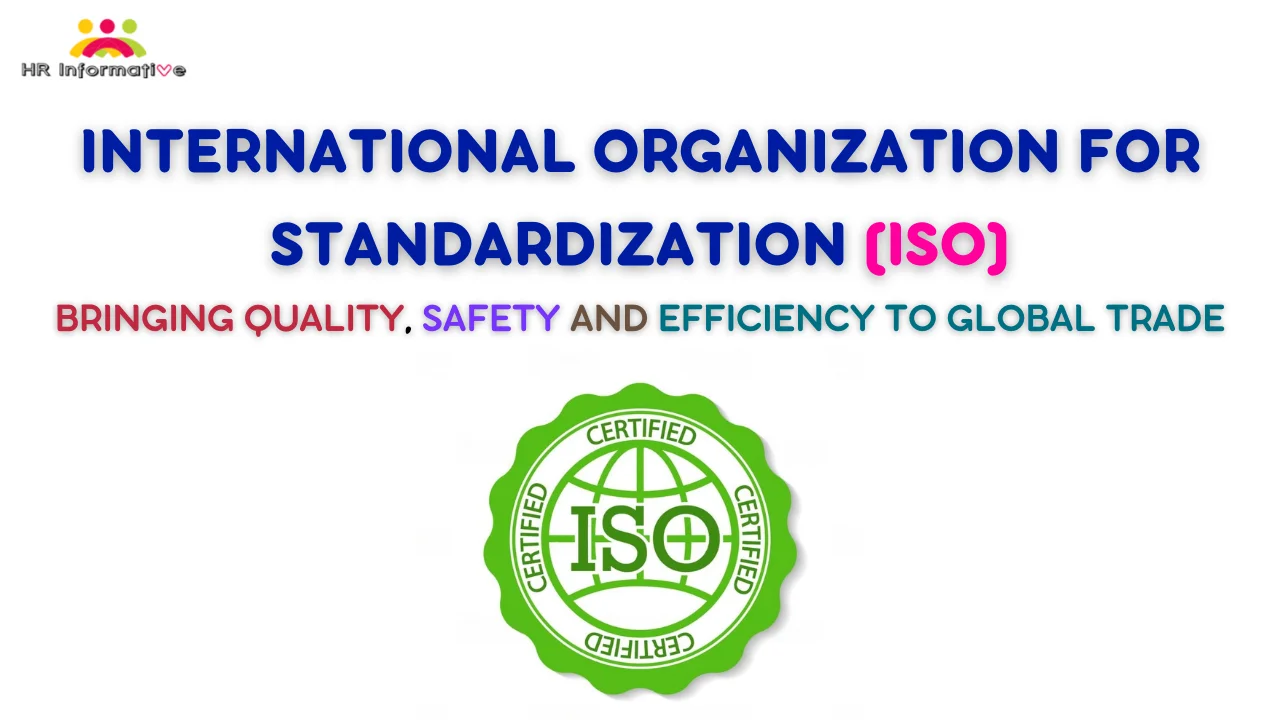Introduction
In a dynamic and fast-paced society, conflicts and disputes are inevitable. Resolving these disputes through traditional litigation can be time-consuming, expensive, and adversarial. To overcome these challenges, alternative dispute resolution (ADR) mechanisms like conciliation and mediation have gained prominence in India. This article aims to provide a comprehensive overview of conciliation and mediation as effective methods for resolving conflicts in India.
Conciliation in India
Conciliation is a voluntary process in which a neutral third party, known as a conciliator, assists the parties in reaching a mutually acceptable resolution. The conciliator plays an active role in facilitating communication, identifying issues, exploring options, and promoting dialogue between the disputing parties. Unlike a judge, the conciliator does not impose a decision but rather encourages the parties to find their own solutions.
In India, conciliation is primarily governed by the provisions of the Arbitration and Conciliation Act, 1996. The Act provides a legal framework for conciliation proceedings and establishes the rights and duties of the parties and the conciliator. Conciliation is commonly used in various domains, including commercial disputes, family disputes, labor disputes, and civil matters.
Mediation in India
Mediation, similar to conciliation, is a voluntary and confidential process aimed at resolving disputes amicably. The mediator, a neutral and impartial third party, facilitates communication and assists the parties in negotiating a mutually satisfactory resolution. Mediation emphasizes the active involvement of the parties in the decision-making process, fostering better understanding and cooperation.
In India, mediation has gained recognition and acceptance as an effective ADR mechanism. The Mediation and Conciliation Project Committee (MCPC), established by the Supreme Court of India, has been instrumental in promoting and regulating mediation across the country. The MCPC, along with various mediation centers and organizations, provides training, accreditation, and oversight of mediators.
Legal Framework for Conciliation and Mediation in India
The legal framework supporting conciliation and mediation in India primarily consists of the Arbitration and Conciliation Act, 1996, which covers both domestic and international disputes. Additionally, various statutes, court rules, and guidelines exist to regulate and promote ADR mechanisms. The Act promotes party autonomy, confidentiality, and the speedy resolution of disputes, making it conducive for the growth of conciliation and mediation in the country.
Advantages of Conciliation and Mediation
1. Speedy Resolution: Conciliation and mediation processes are generally faster than traditional litigation, saving valuable time for all parties involved. Parties have greater control over the process and can schedule sessions at their convenience.
2. Cost-Effective: Litigation can be prohibitively expensive, with lengthy court procedures and legal fees. Conciliation and mediation are often more cost-effective alternatives, as they require fewer resources and eliminate the need for extensive legal representation.
3. Preserving Relationships: Unlike adversarial litigation, conciliation and mediation foster open dialogue and promote the preservation of relationships. Parties have the opportunity to express their interests, concerns, and grievances in a non-confrontational environment.
4. Flexibility and Informality: Conciliation and mediation allow for flexible and informal proceedings. The parties can choose the venue, time, and structure of the sessions. The informality of the process encourages open communication and creative problem-solving.
5. Confidentiality: Confidentiality is a fundamental aspect of conciliation and mediation. The discussions and documents exchanged during the process remain private and cannot be used as evidence in subsequent litigation unless agreed upon by the parties.
Conclusion
Conciliation and mediation have emerged as effective dispute-resolution mechanisms in India, offering numerous advantages over traditional litigation. These methods prioritize collaboration, communication, and creative problem-solving, enabling parties to reach mutually beneficial solutions. The growing popularity of conciliation and mediation reflects the need for more efficient and harmonious approaches to conflict resolution in India’s diverse society. By embracing these alternative methods, individuals and businesses can resolve disputes in a timely, cost-effective, and amicable manner, fostering stronger relationships and promoting a culture of peace and cooperation.
FAQs
Q1: What is the difference between conciliation and mediation?
Ans: While both conciliation and mediation are voluntary processes that aim to resolve disputes, there is a slight difference in their approach. In conciliation, the conciliator actively participates in facilitating communication and suggesting potential solutions to the parties. In mediation, the mediator’s role is more focused on facilitating communication and guiding the parties in reaching their own solutions.
Q2: Are conciliation and mediation legally binding in India?
Ans: In India, the decisions or agreements reached through conciliation and mediation are not automatically binding. However, if the parties voluntarily agree to the terms and sign a settlement agreement, it becomes legally binding and enforceable.
Q3: Can any type of dispute be resolved through conciliation or mediation in India?
Ans: Yes, conciliation and mediation can be used to resolve a wide range of disputes, including commercial disputes, family disputes, labor disputes, and civil matters. However, certain disputes that involve serious criminal offenses or public policy considerations may not be suitable for these processes.
Q4: How long does the conciliation or mediation process typically take?
Ans: The duration of conciliation or mediation can vary depending on the complexity of the dispute and the willingness of the parties to cooperate. In general, these processes tend to be faster than traditional litigation, with the average duration ranging from a few days to a few months.
Q5: What are the qualifications and credentials of conciliators and mediators in India?
Ans: In India, conciliators and mediators can undergo training and accreditation programs provided by recognized institutions and organizations. The Mediation and Conciliation Project Committee (MCPC) and various mediation centers play a crucial role in setting standards, providing training, and maintaining a panel of accredited mediators.
Q6: Is confidentiality maintained during conciliation or mediation?
Ans: Yes, confidentiality is a key aspect of conciliation and mediation in India. The discussions, information, and documents shared during the process are treated as confidential. They cannot be disclosed or used as evidence in subsequent court proceedings unless the parties agree otherwise.
Q7: Can conciliation or mediation be initiated even if a lawsuit has already been filed?
Ans: Yes, conciliation or mediation can be initiated at any stage of a dispute, even if a lawsuit has already been filed. In fact, courts in India often encourage parties to explore ADR methods like conciliation and mediation as a means to settle disputes before proceeding with litigation.
Q8: How successful are conciliation and mediation in India?
Ans: Conciliation and mediation have proven to be successful in many cases, resulting in mutually acceptable settlements and avoiding lengthy court battles. The success of these processes depends on the willingness of the parties to cooperate, their commitment to finding a resolution, and the skills of the conciliator or mediator facilitating the process.
Q9: Can I still pursue litigation if conciliation or mediation fails?
Ans: Yes, if conciliation or mediation fails to reach a satisfactory resolution, parties can still pursue litigation to have their dispute resolved by a court. The failure of conciliation or mediation does not preclude the option of going to court.
Q10: How can I find a conciliator or mediator in India?
Ans: There are various mediation centers, organizations, and institutions that maintain a panel of qualified conciliators and mediators in India. The MCPC, local mediation centers, and professional mediation associations can provide information and assistance in finding a suitable conciliator or mediator for your specific dispute.
You May Read Also :
- Arbitration in India: A Comprehensive Guide to Alternative Dispute Resolution
- Labour Court in India: Resolving Employment Disputes
- Employee Grievance and Redressal: Ensuring a Fair and Harmonious Workplace
- Principles of Natural Justice: Ensuring Fairness and Due Process
- Labour Day: A Celebration of Workers’ Contributions to Society




